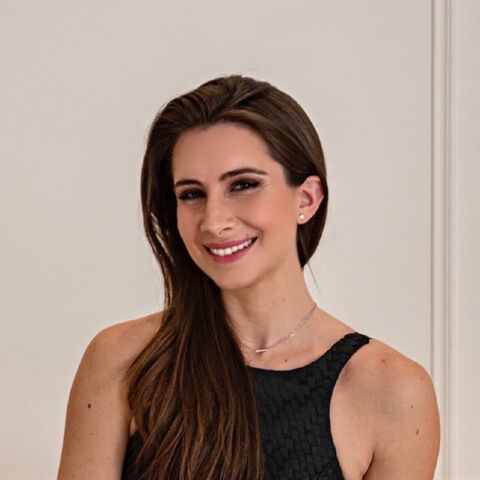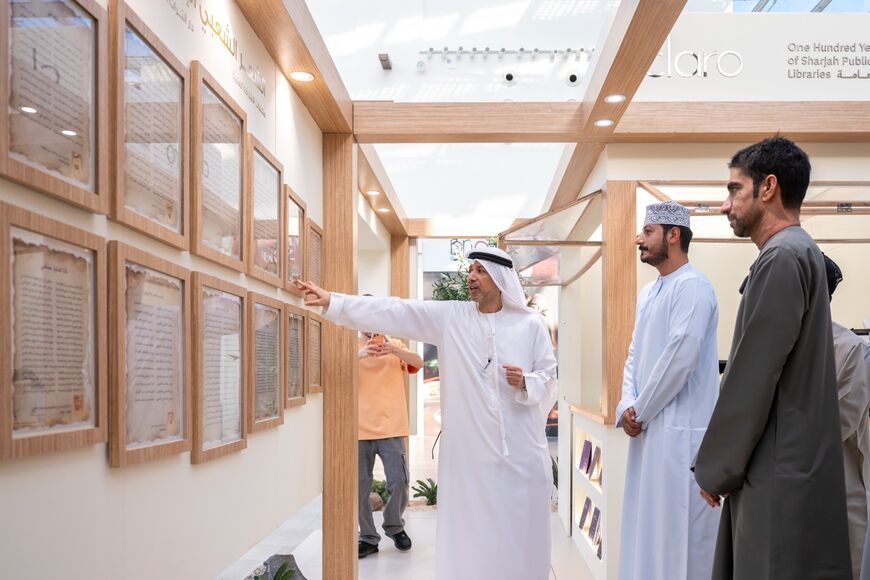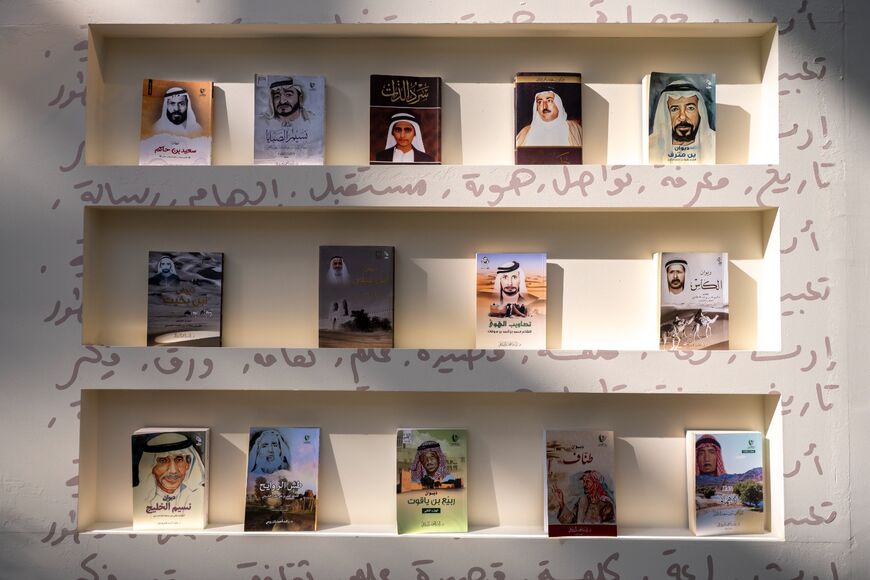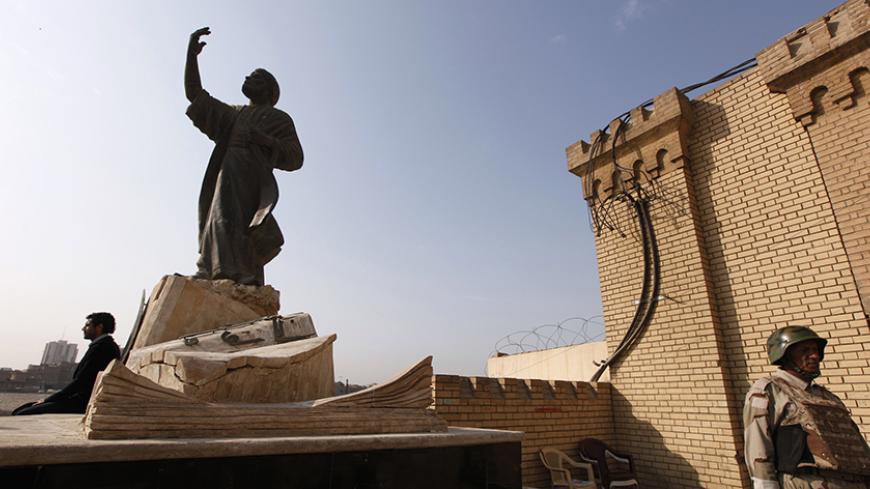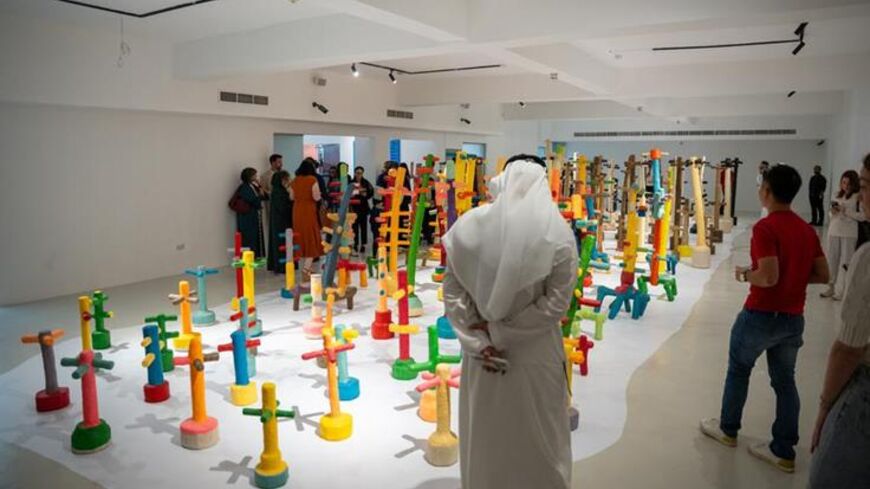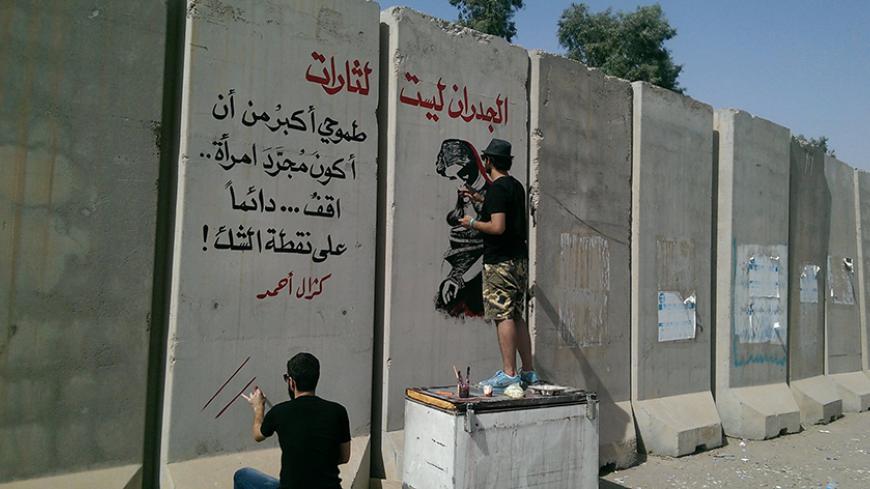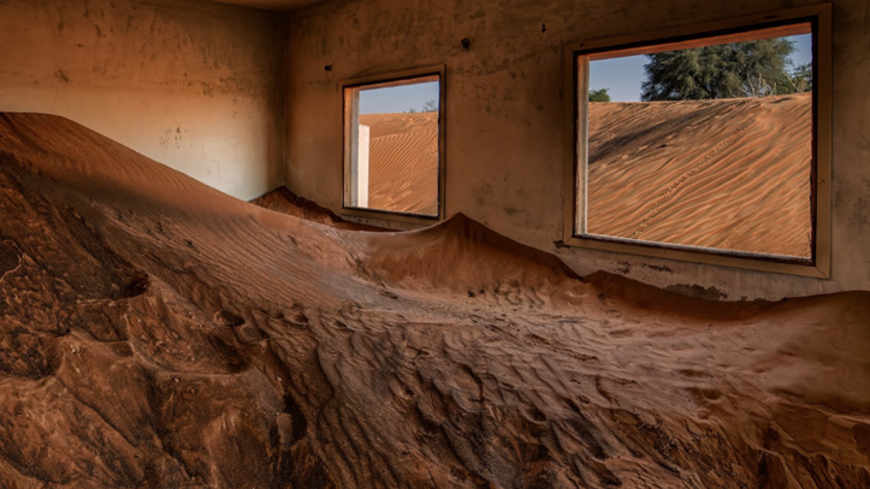From oral tradition to modern stage, Nabati poetry bridges generations in changing UAE
As part of its centennial celebrations, an exhibition at Sharjah’s Kalba Waterfront honored the legacy of Nabati poetry and its role in shaping the UAE’s cultural and historical identity.
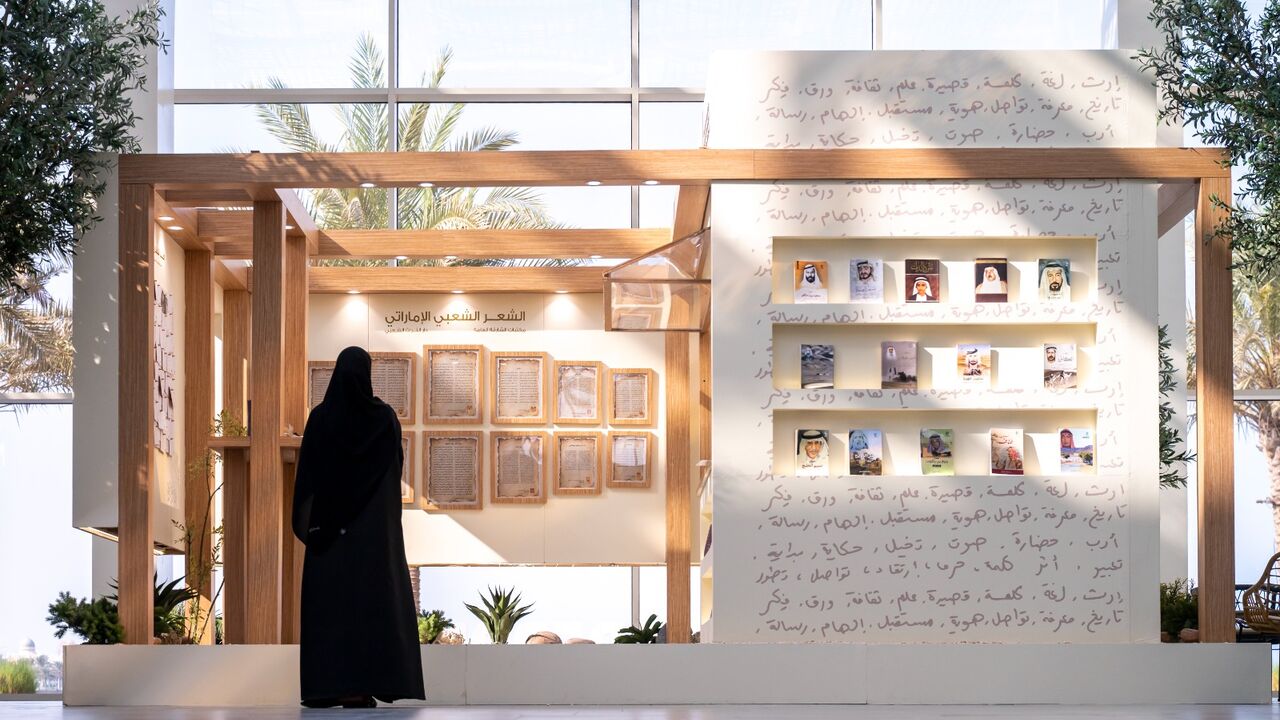
In a land of vast deserts, lush oases and evocative coastlines, Emirati poetry has for centuries been more than an art form — it has been a way of life.
The nation’s oral tradition of poetry, particularly Nabati poetry — a traditional form native to the Arabian Gulf and also known as “Bedouin poetry” or the “people’s poetry” — has preserved history, culture and tribal identity through a vernacular, colloquial dialect.
A shared memory
The "Folk Poetry" exhibition, staged in October by Sharjah Public Libraries (SPL) at the Kalba Waterfront in partnership with heritage researcher Rashid Ahmed Al Mazrouei, celebrated the legacy of traditional Emirati poetry while honoring the poets who have helped to shape the nation’s identity and values through their verse.
“This exhibition was really important for Sharjah because it is part of the Emirate’s ongoing celebrations marking the 100th anniversary of its public libraries,” Eman Bushulaibi, director of SPL, told Al-Monitor.
The show, which presented rare audio recordings and selected poems by 14 of the late Emirati poets — whom Bushulaibi describes as “household names” in the United Arab Emirates — is part of SPL’s mission to preserve the nation’s cultural memory. The exhibition reflected how poetry has documented social life and cultural identity throughout the pre-oil and modern history of the UAE.
“It recognizes the poets whose work captured the rhythms of everyday life and expressed the values of their time,” Bushulaibi noted in the exhibition’s opening press release. “Nabati poetry has long served as a record of social identity and cultural continuity. Through this exhibition, we are reintroducing this literary heritage to new generations and paying tribute to the voices that helped shape the UAE’s collective consciousness.”
Visitors attend the “Folk Poetry” exhibition, Kalba Waterfront, Sharjah, UAE. (Credit: Sharjah Public Libraries)
Poets showcased included Ali bin Rahma Al Shamsi, Ousha bint Khalifa Al Suwaidi, Rashid bin Tannaf Al Nuaimi and Khalifa bin Mutarrif Al Jabri, among others.
“Everyone can recite poetry,” Bushulaibi said. “It’s what makes us together as a community. Showcasing figures that [people] know makes them feel connected and seen. Poetry is part of our culture. At times we tend to forget that it is there — we tend to forget the people behind the legacy.”
Bushulaibi recalls hearing her father and grandfather recite poetry.
“Our poetry is a means of sharing values through stories,” she explained. “Many prominent poets are well known because their poetry was used in teaching and raising children.”
A living heritage across generations
Nabati poetry, originating from the region’s Bedouin tribes and dating back to around the 14th century, uses simple, colloquial Arabic to express themes of pride, wisdom, love, loss, chivalry and longing.
In recent years, government initiatives, television competitions and cultural festivals have helped to popularize Nabati poetry as an art form, providing platforms for both emerging and established poets.
Sheikh Sultan Sooud Al-Qassimi, an Emirati cultural visionary, researcher, art patron and collector, noted on his website in 2022 that Nabati poetry has kept pace with changing times, being incorporated into animation, calligraphy, hip-hop and vernacular poetry — finding its place in 21st-century popular culture.
Today’s Emirati poets continue to use their words as sources of hope, inspiration and wisdom. However, according to Fahad Ali Al Mamari, president of the Emirates Literary and Information Association, there is a vast difference between the old Nabati or folk poets and the younger generation of today.
“Nabati poetry, or folk poetry, is constantly changing with successive generations,” Mamari told Al-Monitor. “Poetry used to record a poet’s condition — their history, circumstances, proverbs, wisdom, customs and traditions. Today, however, poetry offers beautiful words but perhaps it lacks the essence of earlier poets.”
Tradition meets modern expression
Mamari’s critique speaks to a broader evolution underway. As the themes and functions of Nabati poetry shift with each generation, many contemporary Emirati poets are redefining the form rather than replicating its past.
That shift is evident in the work of today’s leading poets, who fuse traditional influences with modern sensibilities. Afra Atiq, for instance, is known for her poignant poems exploring contemporary Emirati identity.
Atiq’s participation Nov. 5 in a reading at L’ECOLE Middle East in Dubai during the opening of the “Poetry of Birds” exhibition reflects how contemporary poetry continues to find its place within the UAE’s wider cultural agenda.
A number of established Emirati poets have also shaped the country’s modern literary landscape. Nujoom Al-Ghanem — a scriptwriter and filmmaker who represented the UAE at the 2019 Venice Biennale — rose to prominence in the 1980s and is known for her lyrical, introspective poems rooted in the landscapes of the Gulf. Shihab Ghanem, an engineer and longtime poet, represents an older generation whose work often centers on themes of peace. Adel Khozem, regarded as a pioneer of modernist and free verse poetry in the UAE, is considered among the country’s most influential contemporary Arab poets.
While references to Emirati culture, heritage and the natural landscape remain strong among the UAE’s contemporary poets, the style is inevitably evolving — even as it retains echoes of its traditional forms.
“The world is changing, the language is evolving and other languages have invaded Emirati society,” Mamari concluded. “All of this makes the poet change with these changes.”
